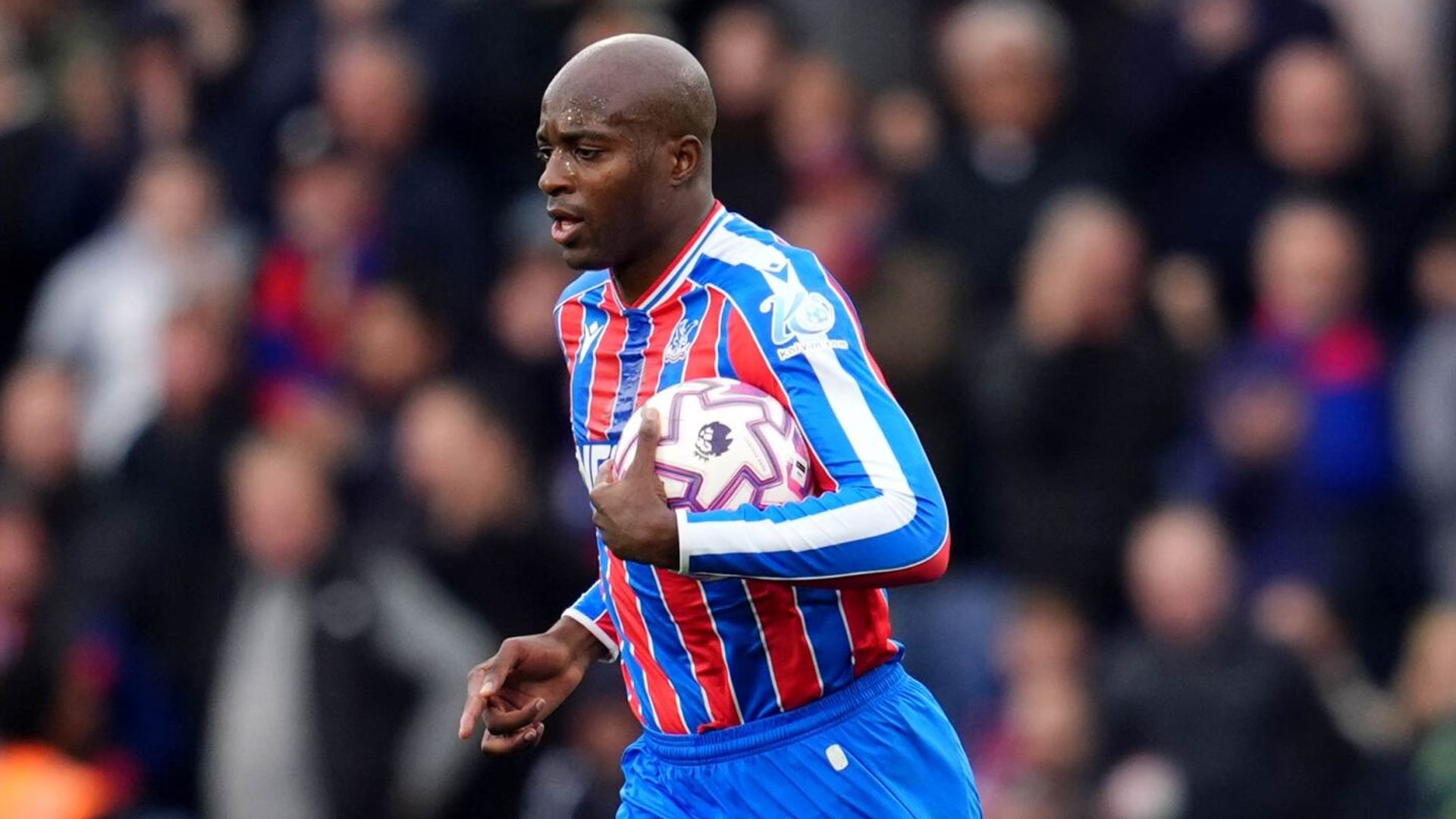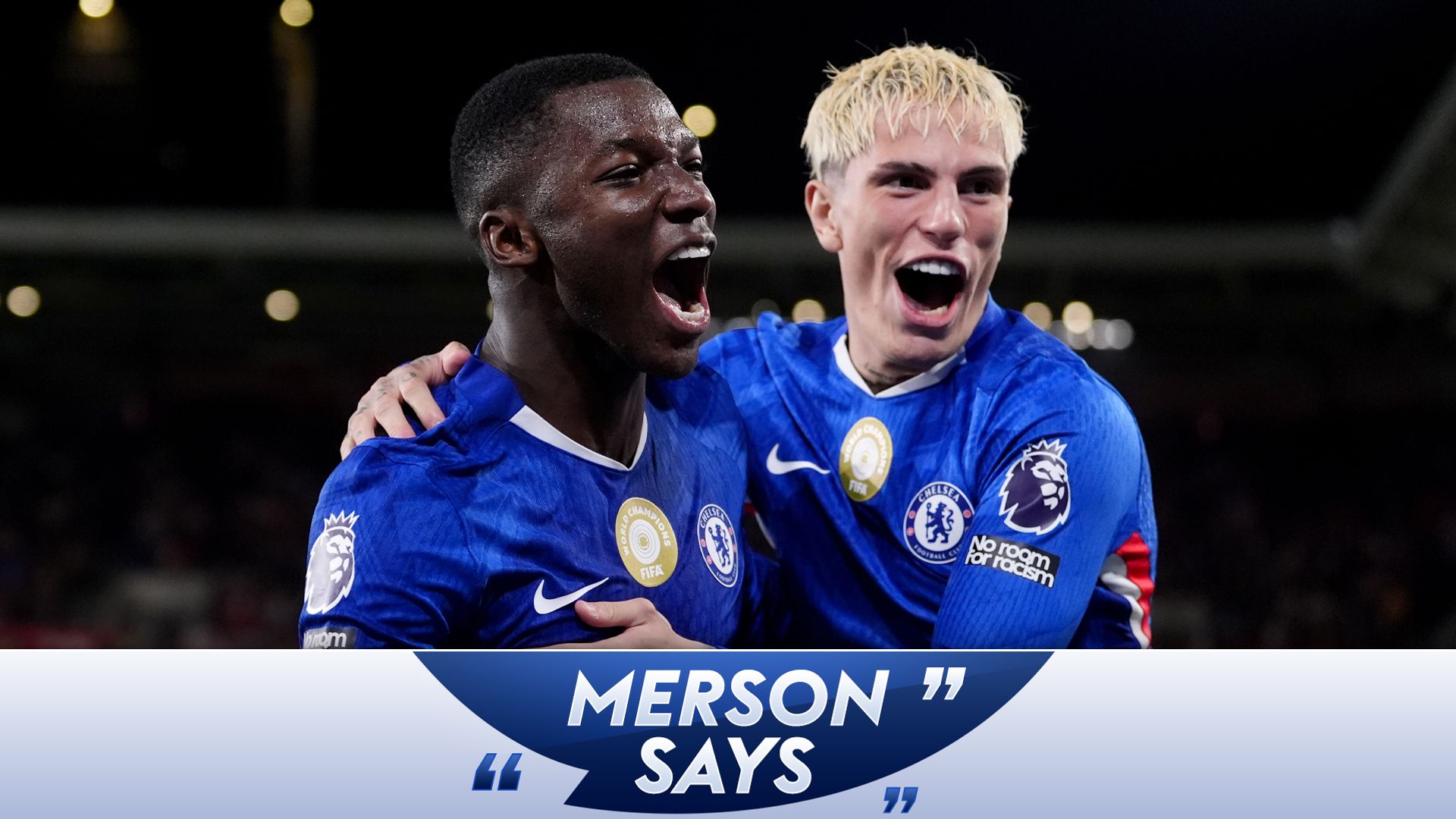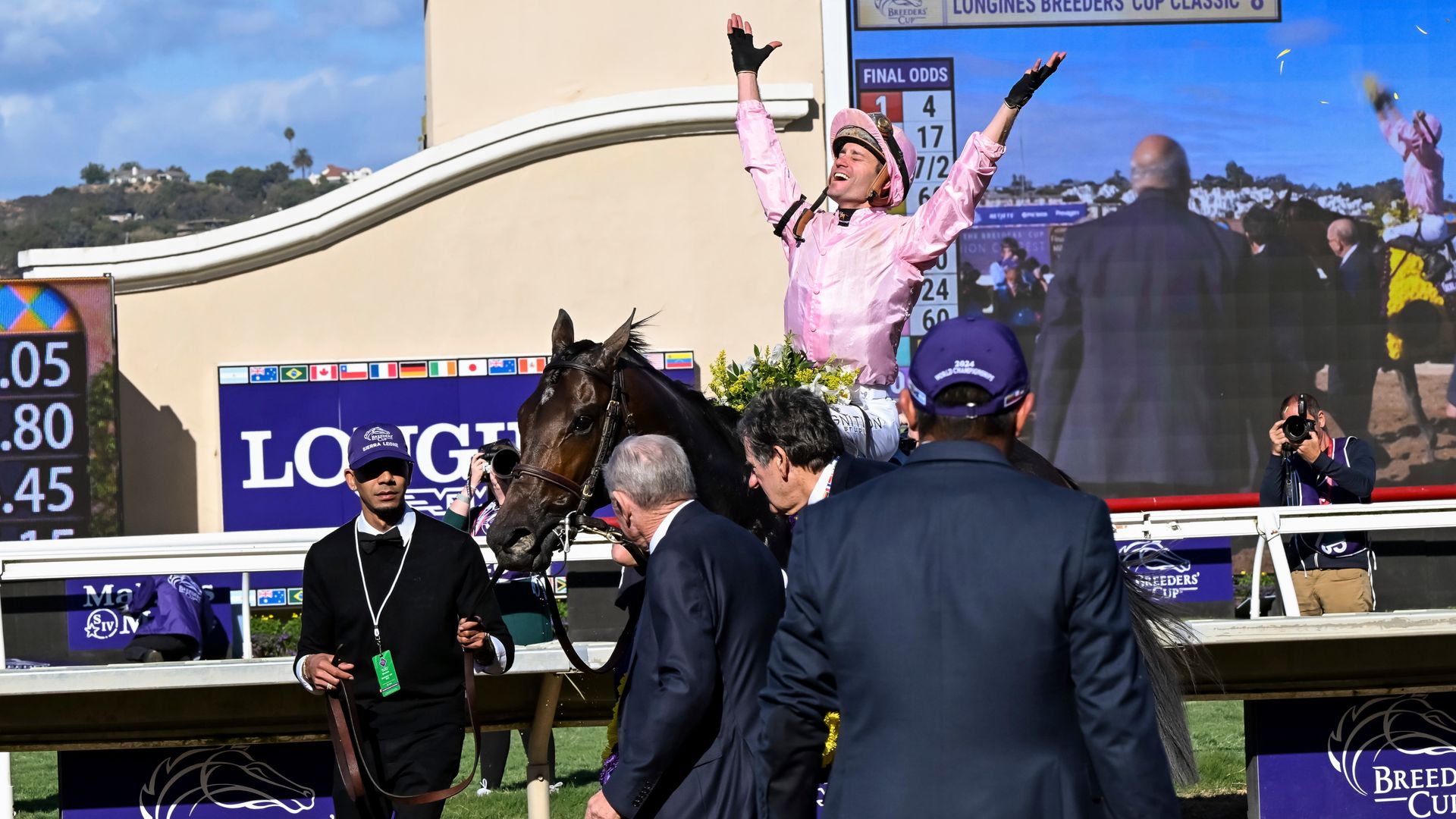Arsenal’s Dominance Mirrors Political Tyranny: The Beautiful Game or a Dystopian Power Struggle?
Arsenal Football Club’s recent victory over Burnley, which saw them secure a 2-0 win, has reignited discussions surrounding the nature of dominance in the Premier League and its broader implications. As Arsenal extends its lead at the top of the table, parallels can be drawn between their sporting success and the divisive nature of power struggles seen in politics and society at large. The club’s performance raises questions about whether such dominance is a testament to skill and strategy or a reflection of an unsettling trend towards hegemony in sports and beyond.
Historically, Arsenal has been a cornerstone of English football, with a legacy that stretches back to its founding in 1886. The club has witnessed numerous highs and lows, from the invincible season in 2003-2004, where they went unbeaten in the league, to more recent struggles that saw them fall behind their rivals. However, the current resurgence under management has reestablished Arsenal as a formidable force in the Premier League.
This season, Arsenal’s tactical approach has drawn commendation. The team’s blend of youth and experience, coupled with innovative strategies, has not only revitalized their gameplay but also attracted a new generation of fans. The victory against Burnley was characterized by disciplined defending and incisive attacking play, showcasing a level of cohesion that many teams in the league strive for but often fail to achieve. The result solidifies their position at the top of the table, creating a narrative of invincibility that can evoke mixed feelings among supporters and rivals alike.
The implications of such dominance extend beyond the pitch. Just as political leaders can be viewed through the lens of their ability to maintain control, so too can sports teams be scrutinized for their capacity to dominate their league. In this regard, Arsenal’s current standing may serve as a metaphor for the broader societal context where power is concentrated in the hands of a few. This dynamic can create a sense of disenfranchisement among fans of other clubs, particularly those who find themselves consistently outmatched and overshadowed by the likes of Arsenal.
Moreover, the commercial aspect of football plays a significant role in this narrative. Arsenal, with its vast global fanbase and lucrative sponsorship deals, exemplifies how financial power can translate into sporting success. The club’s ability to attract top talent and invest in infrastructure has solidified its competitive edge. This economic disparity among clubs raises ethical questions about fairness in competition and whether the game is truly accessible to all, or if it is becoming increasingly elitist.
In the context of the Premier League, the debate surrounding financial fair play regulations has gained traction. Critics argue that these regulations do not effectively level the playing field, allowing wealthier clubs to maintain their dominance. Arsenal’s success, therefore, can be viewed as both a product of skill and a byproduct of an uneven playing field that favors those with financial resources. This reality invites scrutiny not just of Arsenal, but of the entire system that governs English football.
The cultural implications of Arsenal’s dominance also resonate with broader societal themes. As sports often reflect the values and struggles of society, the way Arsenal is perceived can mirror sentiments surrounding power and privilege. Fans of rival clubs may feel a sense of injustice, akin to the sentiments expressed in political discourse where the elite are often viewed as out of touch with the struggles faced by the average citizen. This can lead to a polarized atmosphere where loyalty to one’s club becomes intertwined with broader feelings of identity and belonging.
Furthermore, the psychological impact of supporting a dominant team versus an underdog can shape fan experiences in profound ways. While Arsenal’s success may evoke pride among its supporters, it can also alienate those who yearn for a more competitive landscape. The romanticism of the underdog, often celebrated in sports narratives, stands in stark contrast to the reality of teams like Arsenal, who have the resources and talent to consistently outperform their competition. This dichotomy raises questions about the nature of loyalty and what it means to be a supporter in a context where victory seems predetermined.
As Arsenal continues to assert its dominance in the Premier League, the conversation surrounding their success will likely intensify. The intersection of sports, politics, and societal dynamics creates a rich tapestry for analysis, prompting fans and commentators alike to reflect on the implications of such power. Whether viewed as a triumph of skill or a symptom of systemic inequality, Arsenal’s position at the top of the league is a provocative focal point for discussions that extend far beyond the confines of the football pitch. The beautiful game, it seems, is not just about goals and glory; it is also a mirror reflecting the complexities of our world, where power dynamics and societal struggles play out in real-time, both on and off the field.




